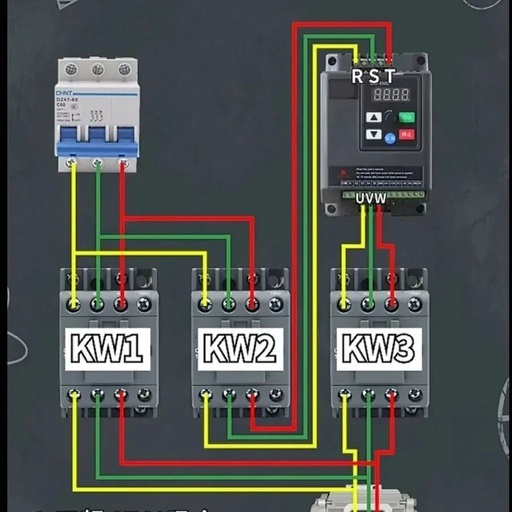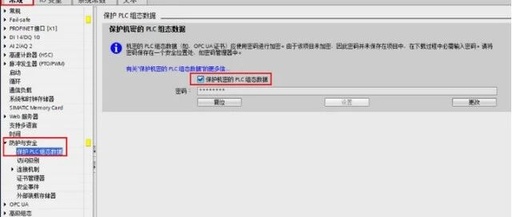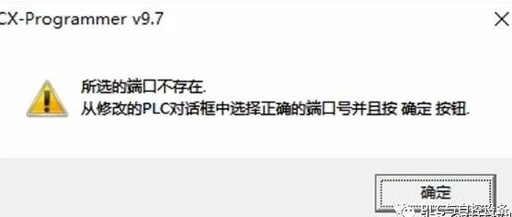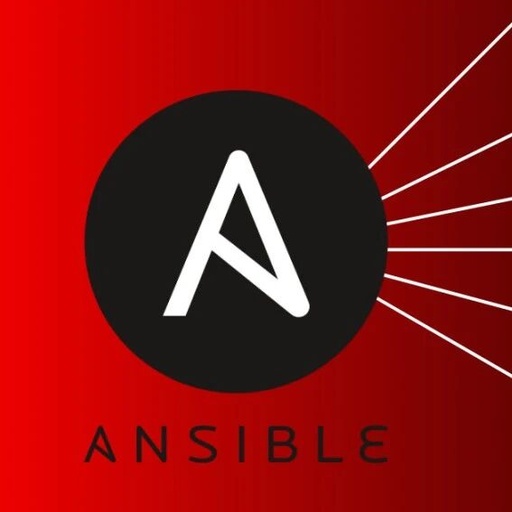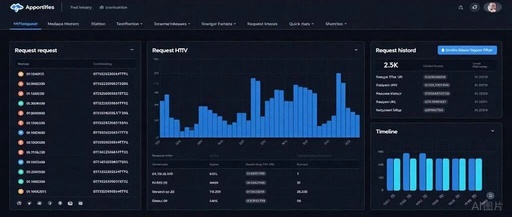Wiring Diagrams for Inverters, Servo Motors, and PLCs You Will Definitely Need
Wiring Diagrams for Inverters, Servo Motors, and PLCs You Will Definitely Need 1. PLC Control Motor Start and Stop Circuit2. Wiring Relationships of PLC Inputs and Outputs3. Working Principle of Inverters4. Switching Circuit Between Inverter Frequency and Power Frequency5. Control Circuit for Switching Between Inverter and Power Frequency Modes6. How to Connect PLC with Inverter7. … Read more
